Organic farming uses site-specific management practices that enhance soil fertility, increase biodiversity, and mitigate nutrient losses to groundwater. These include crop rotation, inter-cropping, symbiotic associations, cover crops and organic fertilizers.
A broad survey of soil health benefits comparing organic and conventional systems consistently finds that organic farming methods foster healthier soils with greater humified (sequestered) carbon.
Increased Soil Fertility
A healthy soil is an essential part of agricultural production, as it supplies the nutrients needed for plants to grow. Organic farming practices, including crop rotation, cover crops and use of manures, can help retain the soil's fertility by protecting it from erosion.
Organic matter, in the form of compost or manure, improves soil fertility by adding nutrients and humus to the soil. It also reduces evaporation and helps retain moisture in the soil.
The presence of a variety of microorganisms in the soil also increases its fertility. This is especially true of the fungi arbuscular mycorrhizal fungi, which help plants extend their roots to gather more water and nutrients from the soil.
Soil that is managed organically has a greater number and a more diverse population of beneficial soil organisms than soils on conventionally managed farms. These organisms increase nutrient availability, suppress disease-causing pathogens, and help plants thrive.
Reduced Erosion
Soil erosion is a major environmental threat to agriculture and food security. Erosion reduces soil ecosystems, decreases crop yields and causes loss of nutrient-rich topsoil.
Conventional farming practices, such as intensive tilling and chemical fertilizer applications, break down soil structure and erode the organic matter that holds it together. Farmers can also lose topsoil through wind erosion.
Fortunately, organic farming systems use a number of strategies that protect the land and prevent erosion from occurring. These techniques include a variety of symbiotic associations, cover crops, minimum tillage and other soil-building practices.
Soil building practices, like crop rotations, symbiotic associations and cover crops, improve soil biodiversity and the retentive ability of the soil for nutrients. These benefits are further enhanced by minimizing tillage and using organic fertilizers to encourage soil microorganisms. When farmers combine these conservation practices with strip cropping (a system of planting strips of perennial crops and row crops), erosion can be controlled more easily.
Trapping Greenhouse Gases
When greenhouse gases such as carbon dioxide, methane and water vapor pass through the atmosphere they trap the heat from the sun. This heat, in turn, can warm the earth and cause climate change.
Organic farming also helps trap greenhouse gases by sequestering carbon in soils. This is because of a number of management practices that organic farmers use to keep their soils healthy and productive.
Using crop rotations, cover crops and animal manures, for example, helps to improve soil health and carbon sequestration. These practices also help to protect soil microbes and invertebrates, which are critical to building and maintaining soil organic carbon.
The increased soil carbon content due to organic agriculture also strengthens soil resilience against droughts and floods that are increasingly likely to happen with a changing climate. By increasing water percolation and retaining more of the water that is captured by the soil, organic farmers can reduce their need for irrigation and adapt to these climate impacts.
Sequestration of Carbon
One of the benefits of maintaining and improving soil health is the sequestration of carbon in the soil. This is a process that occurs through direct and indirect fixation of atmospheric CO2 by plant roots and soil fungi.
The amount of carbon that is stored in the soil varies by season and climate but can be up to three times the level of atmospheric carbon. This is important because it reduces the carbon dioxide in the atmosphere that causes global warming.
This process also helps to preserve the soil and protect biological diversity. It is an essential element of a healthy ecosystem and the planet.
Organic farming can improve soil carbon storage and contribute to reducing greenhouse gases, which is an important step towards combatting climate change. It is also a way to ensure our food supply is healthy for the environment and our health.
Frequently Asked Questions
What is an organic food manufacturer?
Organic food producers create products that are grown without pesticides and chemical fertilizers. These foods include fruits and vegetables, grains, as well as dairy products.
When crops are naturally nurtured, organic food production can be achieved. This includes crop rotation, soil preparation, and pest control.
For an agricultural product to be considered organic, it must meet strict criteria set out by the USDA (United States Department of Agriculture).
These guidelines ensure that consumers can access safe, wholesome, nutritious food.
Organic foods have higher nutritional content and better flavor, as well as lower pesticide residues.
USDA Certified Organic products must be labeled with the seal "USDA certified organic".
This certification means that the product meets the standards laid down by the National Organic Program.
As well as ensuring that we eat healthier, organic food also helps protect our environment.
Organic farming techniques conserve water and land. Organic methods also reduce greenhouse gas emissions that can cause climate change.
Organic agriculture is more sustainable and uses less chemicals.
This improves the air quality by reducing the likelihood of harmful gases like ammonia, nitrates and other pollutants building up in your atmosphere.
There are many kinds of organic farming: permaculture, regenerative and conventional.
Conventional farming is the use of synthetic inputs like pesticides or fertilizers.
Regenerative farming includes compost, cover crops, as well as green manures that improve soil health. It encourages biodiversity.
Agroecology concentrates on the sustainable relationship between people, plants and animals.
Permaculture promotes self-sufficiency through the design of systems that mimic nature.
Are organic foods better for us?
According to the Environmental Working Group, organic vegetables and fruits had half the amount of pesticides as non-organic. Organic strawberries contained four times more pesticides that their conventional counterparts, and organic apples contained eight percent less.
Another study suggests that organic food can reduce exposure to toxic metals such as lead and mercury. For example, one study showed that children who ate organic meat had 33 percent lower blood lead levels than those who didn't consume organic meats. Another study concluded that pregnant women should avoid consuming conventional fish due to high levels of mercury.
Organic food appears to be more safe than non-organic. Experts recommend that you choose fresh fruits and vegetables whenever possible to lower your chance of developing cancer or other diseases.
What should I be looking out for when shopping organic products
USDA-certified organic labels are desirable. This guarantees that the product meets certain USDA standards. You will find the USDA Organic seal on all boxes, cartons and cans.
When you shop for meat, ensure that it comes from cows who are fed organic feed. Ruminants are cattle that chew their cud. Ruminant cattle are divided into four stomach compartments, the rumen and reticulum as well as the omasum and abmasum. If the cow is to be labeled "100% organic", all of its parts must have been organically fed.
Buy chicken from only organic chickens that have been fed 100% organic food and are not given antibiotics. Chickens are omnivores. This means they can eat both plant and animal food. Omnivorous chickens possess a digestive tract made up of a crop.
Buy only dairy products from cows that have been fed organically grown feed. Dairy cows have four stomach compartments, just like ruminants. The fourth stomach compartment is the udder.
To find out the percent of the feed the animals received when you purchase other types livestock, be sure to read the labels. For example, pork may be marked "95% organic" to indicate that 95 percent of the pork's feed is organic.
What are the top organic products?
Today, organic foods are the fastest-growing industries. Even though we have come a long ways from our roots there is still plenty of room for growth.
Organic products are the future. They are safer and more cost-effective for consumers.
They also tend to have higher prices. That's why we created the Organic Food Index. We wanted the ability to identify which foods are currently most popular and whether these trends have changed.
The results of the study show that organic food has become more popular. Between 2011-2012, nearly half of Americans shopped for organic foods.
The USDA reported that organic production rose by 10% in the last year. Currently, organic food accounts for 9% in the U.S. agricultural production.
Organic food is growing in popularity but is still expensive. The Organic Trade Association (OTA) reports that organic food retail prices average almost double the price of conventional foods.
That said, organic food is growing faster than any other segment of the food sector. If you examine the data closely, you will see that organic foods have grown steadily in consumption since 2009.
According to OTA the volume of organic products sold at supermarkets grew by 14% in 2010 and 2011.
This is due to consumer demand for healthier food, which explains why organic foods sales are rising across all age groups.
However, younger generations are leading the charge when choosing organic food. Millennials are twice likely to choose organic food than the baby boomers. And young adults under 35 years old account for 25% of all organic food purchases.
Statistics
- Brands participating in this challenge are committed to using 100 percent sustainable cotton by 2025.[5] (en.wikipedia.org)
- Once certified by the USDA, it can fall into one of four categories: "100 percent organic", "organic," "made with organic ingredients," or "made with less than 70 percent organic ingredients. (en.wikipedia.org)
- According to a study performed by consumerreports.org, organic products, compared to non-organic products, ranged anywhere from 13 percent cheaper to 303 percent more expensive. (en.wikipedia.org)
- Cosmetic brands such as Laurel and Rose Mira are 100 percent organic and have a wide array of skincare products. (en.wikipedia.org)
External Links
usda.gov
sciencedirect.com
- The impact of organic food on human health: Assessment of the status quo, prospects for research - ScienceDirect
- Technical note: Simultaneous Vitamin and Carotenoid Analysis of Milk from Total Mixed Ratio-Fed Cows - ScienceDirect
ewg.org
- EWG's 2022 Shopper's Guide to Pesticides in Produce
- Clean Fifteen Conventional Produce (tm); With the Least Pesticides
doi.org
- The link between occupational pesticide exposure and cancer risk: A review: Journal of Toxicology and Environmental Health. Part B. Vol 15, No 4.
- Genetically modified food safety and public concerns: a review by Journal of Food Science and Technology
How To
Organic foods: Are they safer and more nutritious?
Organic foods are grown without the use chemical pesticides or synthetic fertilisers. They are grown under natural conditions without artificial inputs such as fungicides, insecticides, herbicides, hormones, antibiotics, or genetic engineering. Cover crops, crop rotation, crop rotation, composting animal manure as well as recycling wastewater are all organic farming practices.
The USDA National Organic Program (NOP), established in 2002 to regulate production, handling and processing of organic products sold in the United States. NOP regulations make sure that organic agricultural product conforms to the Federal Food, Drug, and Cosmetic Act. In addition, the NOP rules mandate that organic products must be free from prohibited substances, including pesticide residues, veterinary drugs, growth hormones, genetically modified organisms, irradiation, sewage sludge, industrial waste, and heavy metals.
In the U.S., there are two types of certification programs available for producers who want their products labelled "organic": one for farmers and ranchers and another for manufacturers. Each program requires an annual audit of operations to ensure compliance with strict standards. There are several certifying organizations that offer these services. These include the CCOF Certified Organic Farmers & Ranchers as well as Quality Assurance International and the American Grassfed Association. Each of these organizations provides third-party verification to verify that farms are following strict guidelines in regards to environmental stewardship, labour practices and care for livestock.
According to USDA's Economic Research Service in 2013, organic agriculture generated $4.7 billion in revenue. That year, retail spending on certified organic products totalled nearly $1.5 billion, representing a 23 percent increase since 2009. The number of grocery stores that sold organic products increased 12 percent over the same period. Direct purchases of organic produce saw a 29 percent increase in spending, while seafood, meat, poultry and eggs experienced a 1 percent growth.
While organic food may be more expensive, consumers think its superior quality justifies the higher price. Consumer Reports conducted a 2015 survey and found that 88% would pay more if organic food had better nutritional value. Health Affairs also reported that organic food intake is associated with fewer health problems, such as obesity, diabetes and heart disease.
While there is no evidence that organic food can prevent or treat any diseases, there are some studies suggesting that eating them may improve your overall health by reducing your exposure to pesticides and other contaminants. A review of 31 studies that were published in 2010 found that organically raised beef has significantly lower levels than conventionally raised beef. A separate analysis of 11 publications from 2012 produced similar results.
The Environmental Working Group released a report in 2014 that analyzed data from USDA's Agricultural Marketing Resource Center. They found that there was a decrease in foodborne illness due to E.coli, salmonella, listeria moncytogenes or campylobacter. The group also observed that E.coliO157 is a less prevalent cause of illness in humans among children than adults. This was because the USDA has imposed stricter organic standards on animals raised for human consumption.
Resources:
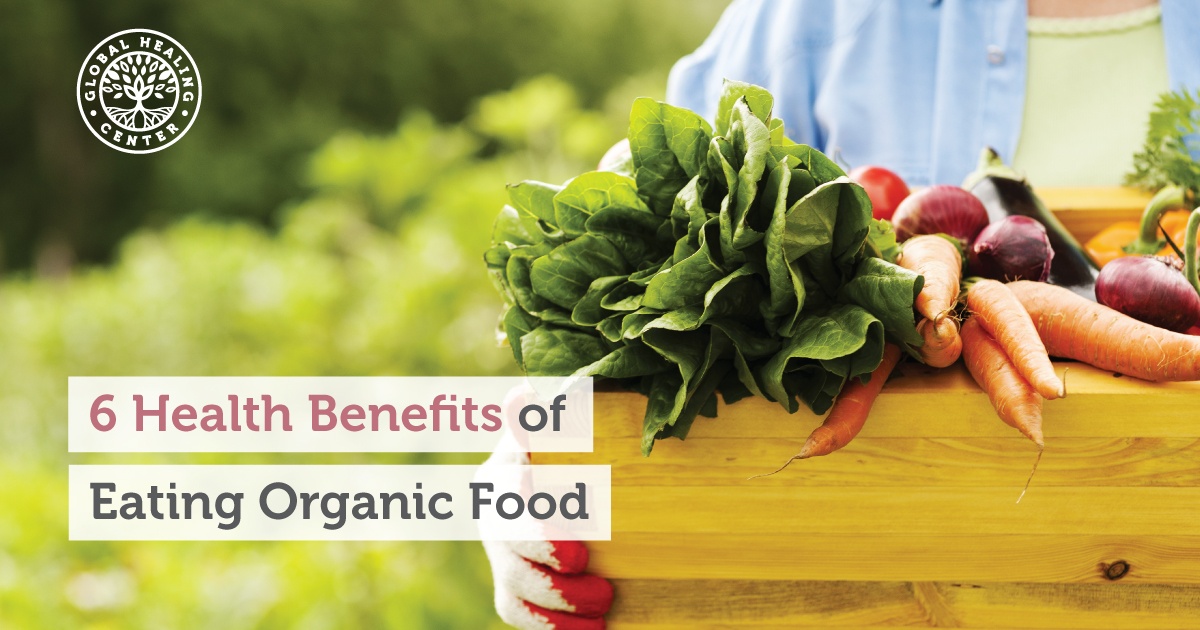 |
Nuts and SeedsNuts and seeds are nutrient-rich crunchy tidbits that add a protein, fiber and healthy fat punch to meals and snacks. They’re also a great source of.. |
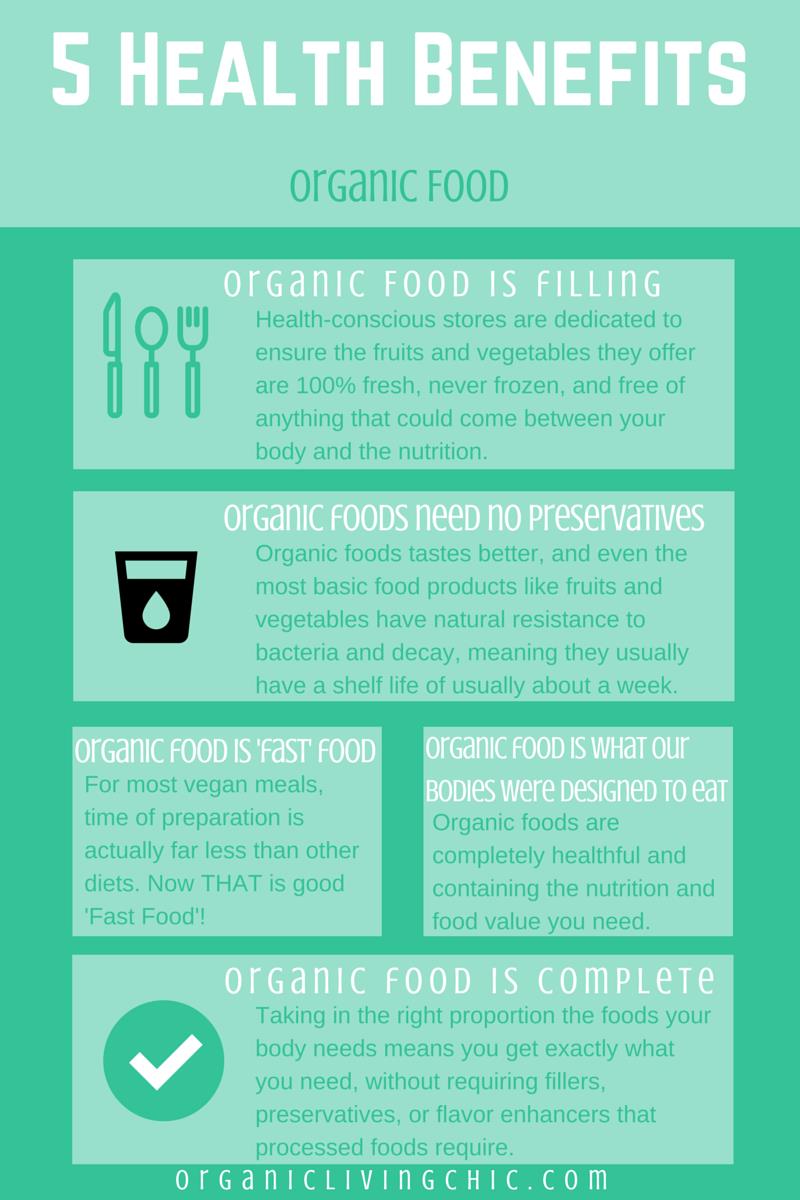 |
Organic Food For A Six Pack? The TRUTH About Organic vs Conventional Foods!Get ripped and keep your strength: http://goo.gl/uLzHn6 Hey guys, it's Clark over at Six Pack Shortcuts and today we're gonna talk about organic vs |
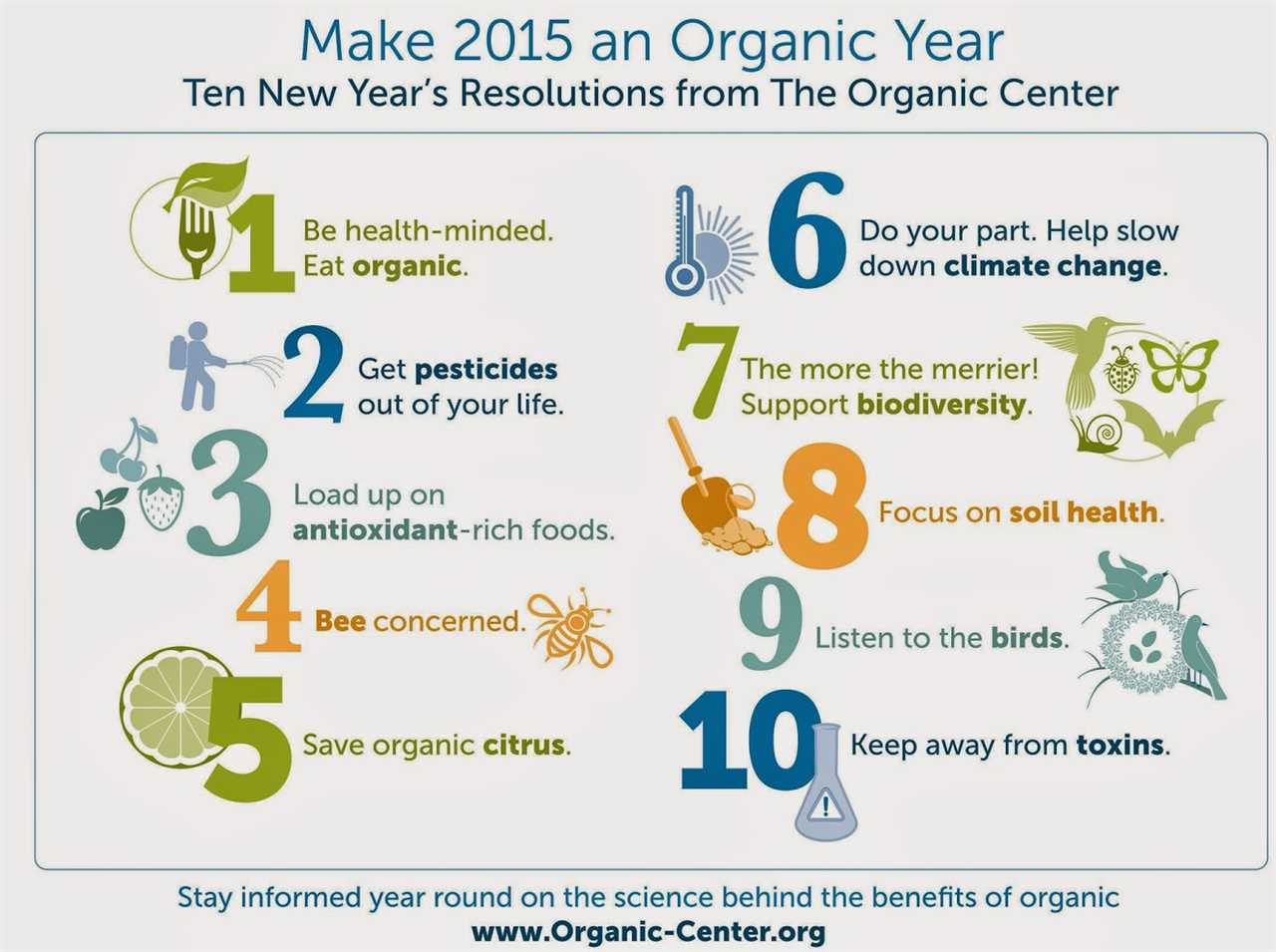 |
Organic vs Conventional Produce - The Dirty Dozen & Clean 15 ExplainedClick https://skl.sh/flavcitywithbobbyparrish to get 2 months of Skillshare for FREE! Here is a full review of the dirty dozen fruits and vegetables and |
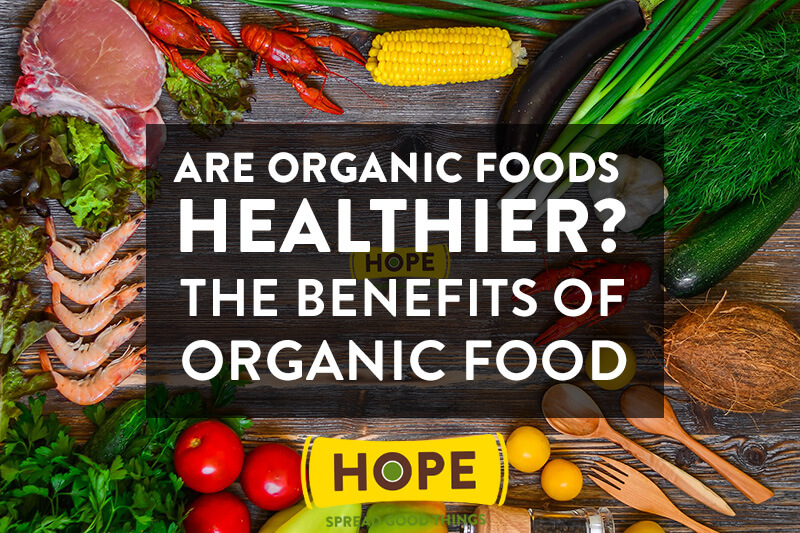 |
Are Organic Foods Really Healthier?It's widely believed that organic foods are more nutritious and safer than non-organic foods, even though the evidence is far from clear. Food certified as |
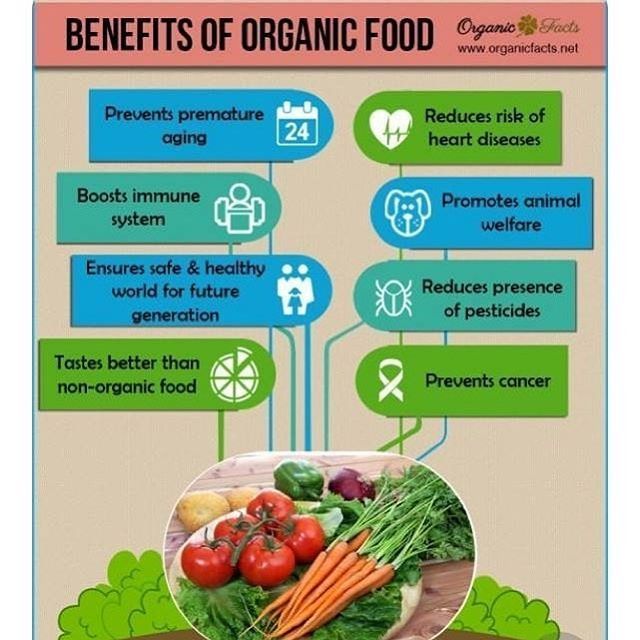 |
Are GMOs Good or Bad? Genetic Engineering & Our FoodAre GMOs bad for your health? Or is this fear unfounded? OUR CHANNELS German Channel: https://kgs.link/youtubeDE Spanish Channel: |
 |
How the food you eat affects your brain - Mia NacamulliView full lesson: http://ed.ted.com/lessons/how-the-food-you-eat-affects-your-brain-mia-nacamulli When it comes to what you bite, che […] |
 |
Is Buying Organic Food Worth The Cost?Subscribe to Goodful: https://bzfd.it/2QApoPk Goodful Goodful Feel better, be better, and do better. Subscribe to Goodful for all your healthy self care |
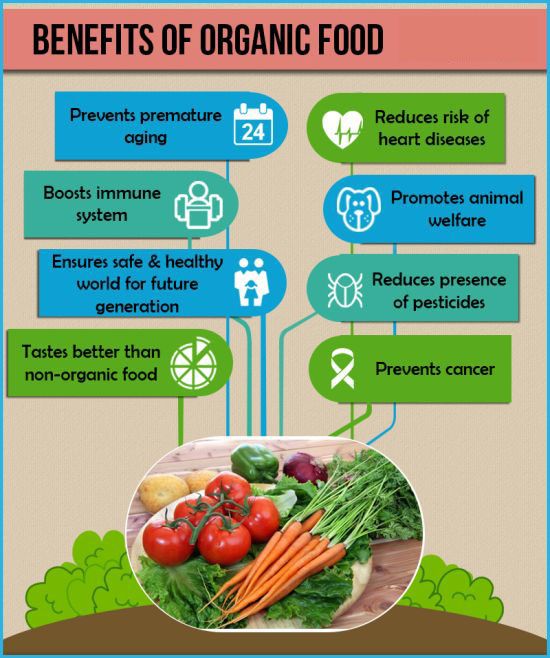 |
Benefits of Choosing Organic Gluten-Free OptionsIf you’ve been diagnosed with gluten sensitivity or celiac disease, you know how hard it can be to avoid foods containing wheat and other grains. But |
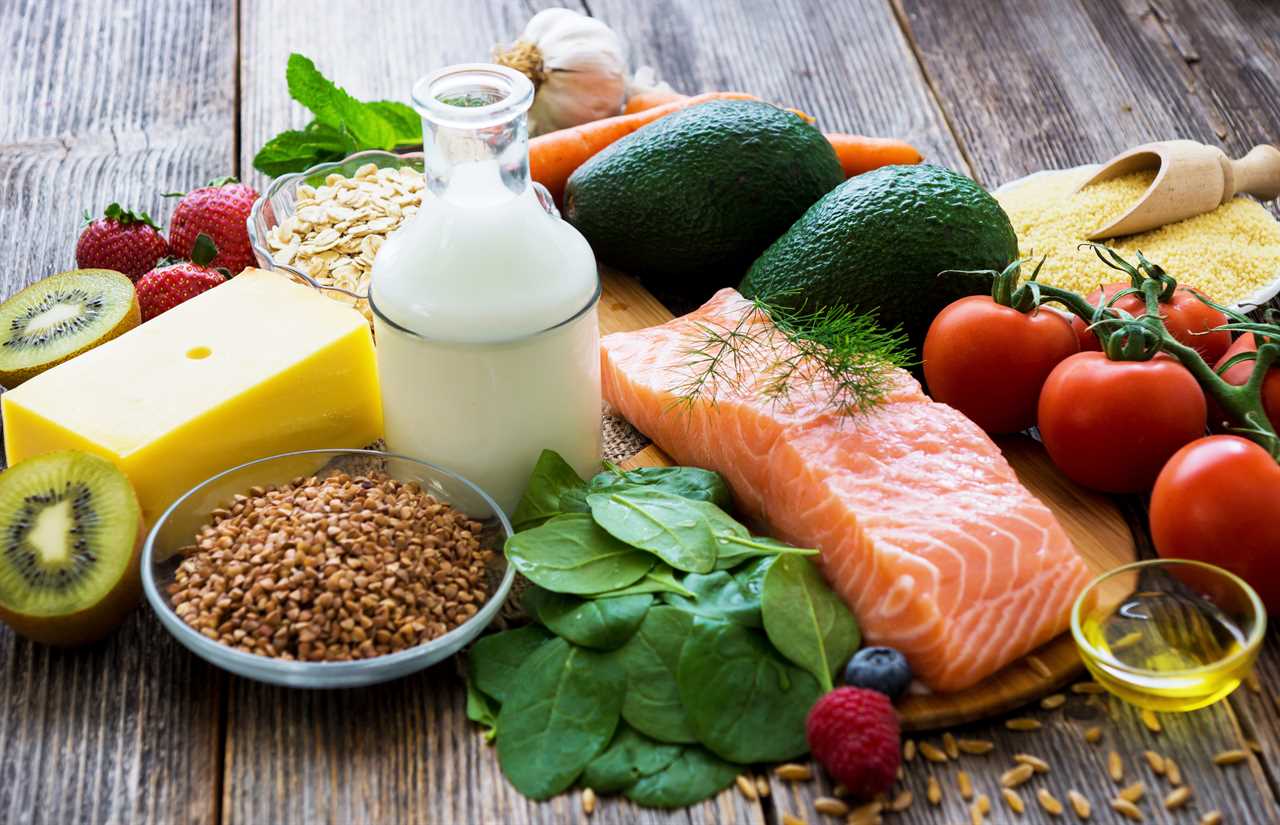 |
Joseph Wang LIVE (Bank Bailouts and Moral Hazards Deep Dive)buy my stuff Come to rebel capitalist live at https://rebelcapitalistlive.com Check out my private, online investment community (Rebel Capitalist Pro) |
 |
Organic Farming and Soil HealthOrganic farming practices promote soil health through crop rotations, symbiotic associations, cover crops and minimum tillage. These management.. |
 |
Research Reveals How Your Body Reacts When You Eat Only Organic FoodsThere is a growing belief that organic foods are healthier for us than non-organic foods. This ever-increasing belief is responsible for significant growth in |
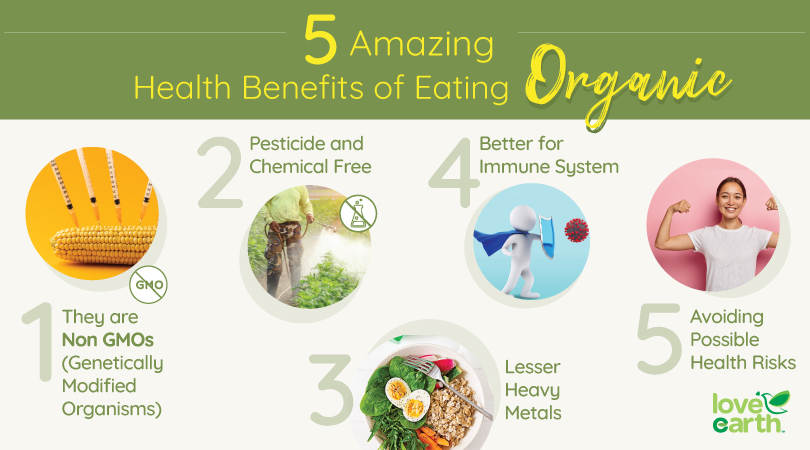 |
Stop Wasting Money on These ORGANIC Veggies (you don’t need to buy them organic)Click Here to Subscribe: http://Bit.ly/ThomasVid Get MY Recommendation on Groceries Delivered to Your Doorstep with Thrive Market: http: […] |
 |
If You Eat an Avocado a Day For a Month, Here''s What Will Happen to YouWhat Will Happen to Your Body If You Eat Avocado Every Day. The avocado is a unique fruit with multiple nutritional and health benefits. How would your body |
 |
Korean GardeningKorean gardening is one of the oldest ways to grow plants. It involves planting herbs, fruits, and vegetables that are used in kimchi, a type of.. |
 |
The Rodale InstituteThe Rodale Institute is a nonprofit organization that aims to support research into organic farming. It was founded in 1947 by J. I. Rodale, an.. |
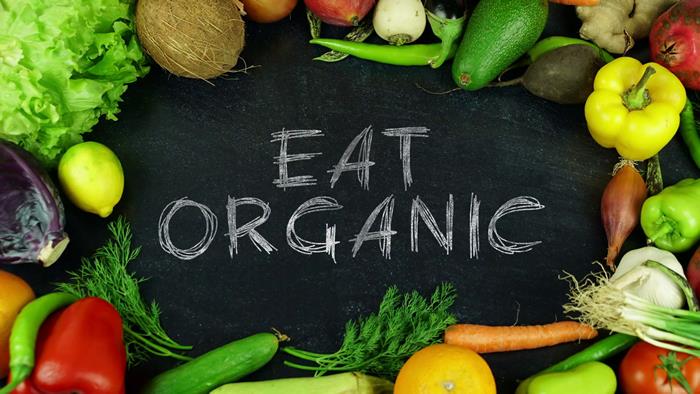 |
Organic eatingOrganic Cultur |
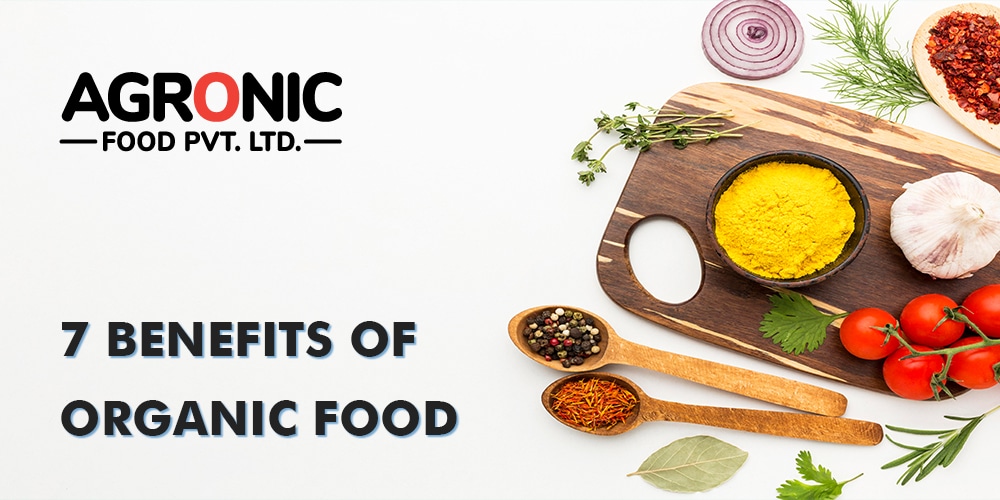 |
What is a Conventional Farm?Conventional farm is the term used to describe a farm that is not organic. It is a form of agriculture that is associated with better soil quality,.. |
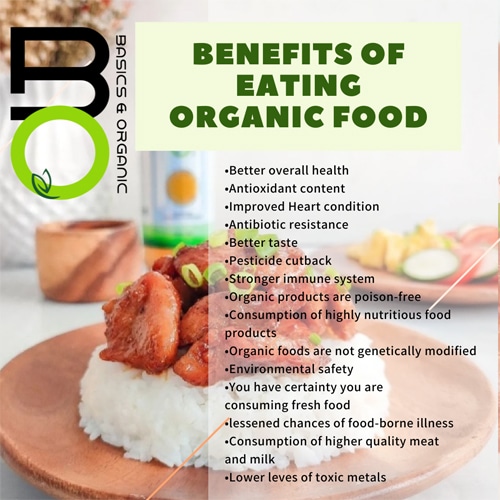 |
Chhattisgarh's Organic Farming SchoolsThe government of Chhattisgarh has started to introduce organic farming schools. This initiative is intended to provide the young generation with the |
 |
Can Organic Be GMO?The question Can organic be GMO is an ongoing debate among many consumers. While it's possible to eat foods that have been produced using genetic.. |
 |
When Did Organic Food Start?The answer to the question when did organic food start? will vary depending on the time period in which you are looking at. For instance, it may be a |
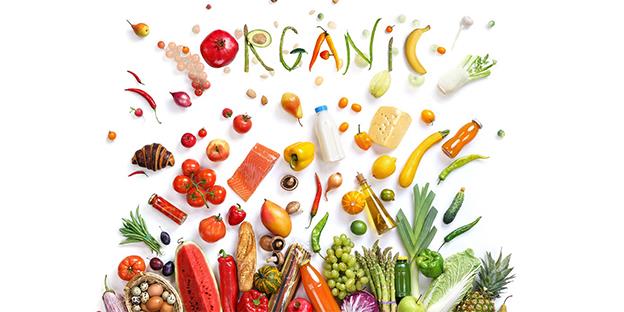 |
Organic Farming PrinciplesOrganic farming is a practice that is designed to be sustainable and healthy. Its principles include avoiding harms produced by industrial farming.. |
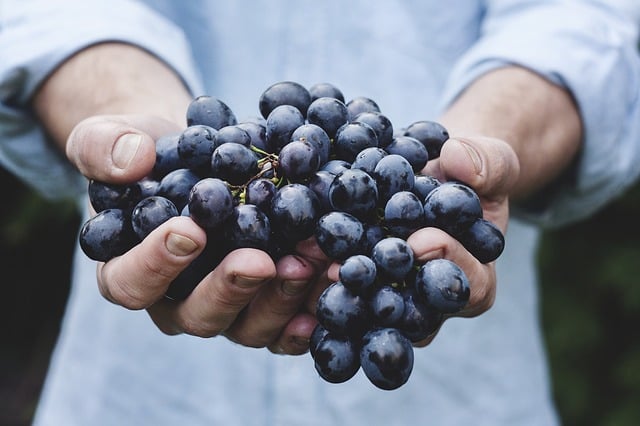 |
Soil Composition and BiodiversityThe soil that we have around us is a vital part of our lives. It is the home for many plants and animals. It also has a texture, a color, and many.. |
 |
The Benefits and Pitfalls of Organic Farming OrganizationsOrganic farming is an approach to farming that is not only ecologically sound, but also financially feasible. It is a method that is free from.. |
 |
Exotic VegetablesWhen it comes to vegetables, there are plenty of choices to choose from. Some of the most popular choices include broccoli, corn, carrots, and.. |
 |
Learn How to Become an Organic Farmer Through a Training ProgramIf you are looking to become an organic farmer, there are several ways you can do so. One option is to take a training program that will teach you.. |
 |
Benefits of Cover CropsIf you aren't familiar with cover crops, you may be surprised to learn that they are plants that are planted to grow on top of the soil to help.. |
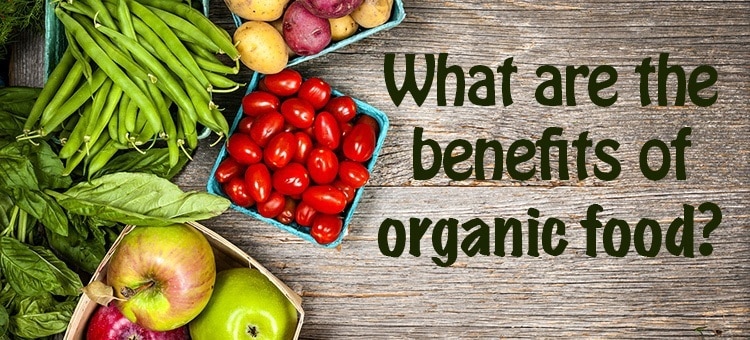 |
What is Organic Cotton?Organic cotton is the type of cotton that is grown without using pesticides or chemicals. It is also the type of cotton that is grown in subtropical.. |
 |
Is Organic Farming Beneficial to Biodiversity?Organic farming is a growing interest in the scientific community, and researchers have been investigating whether the practice is beneficial to.. |
 |
The Benefits of CompostingComposting your waste can be a very effective way of ensuring that your organic material is being broken down to the best of its ability. When.. |
 |
The Difference Between Organic Milk and Regular MilkOrganic milk is a type of milk that comes from livestock that is raised according to organic farming methods. This is a term that is regulated by.. |
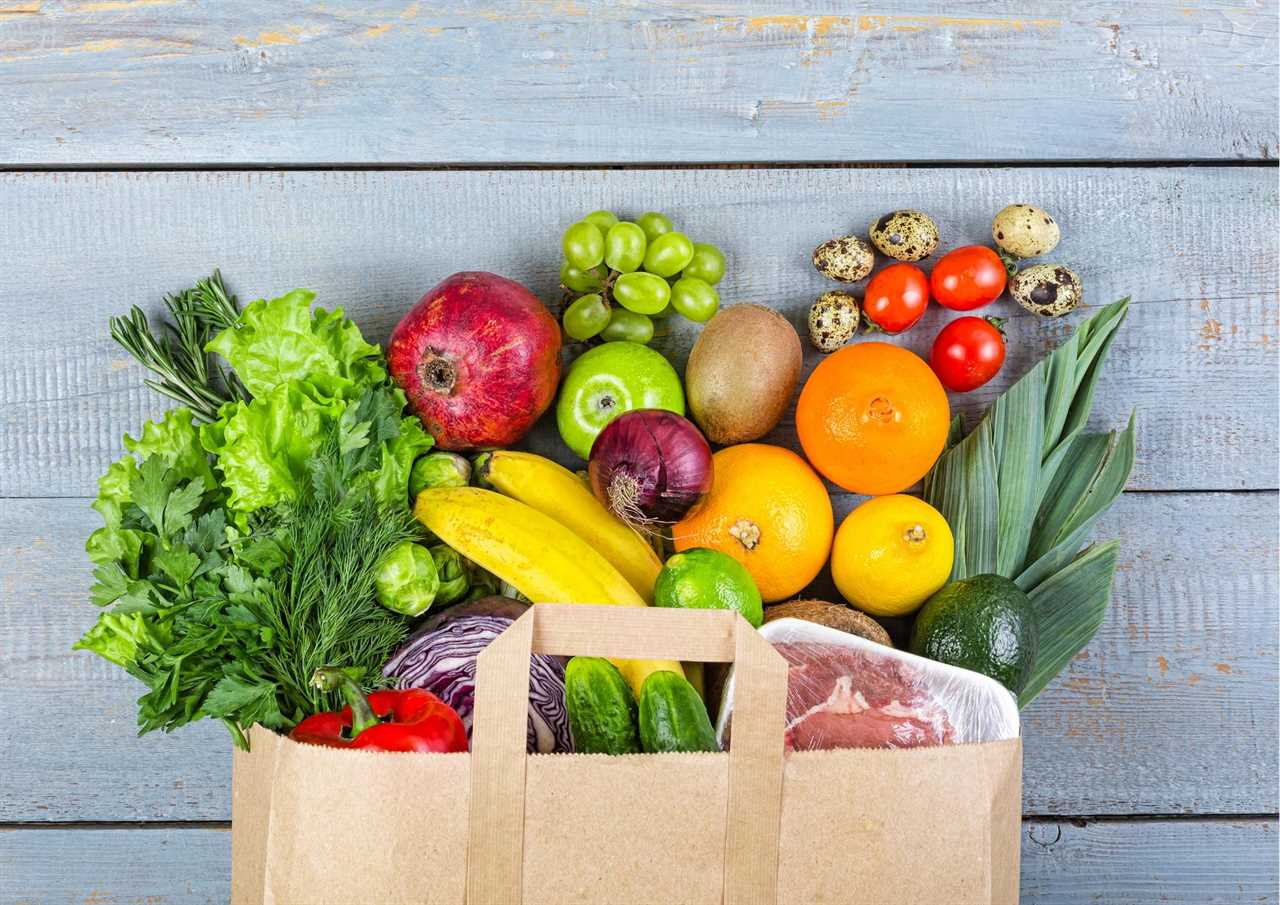 |
Organic Farming MagazineOrganic farming magazine is a resource that provides you with the latest information on organic agriculture, health, and sustainability. It also.. |
 |
The Latest Research on Organic | The Organic CenterResearched articles about eating Organic food |
.png)





